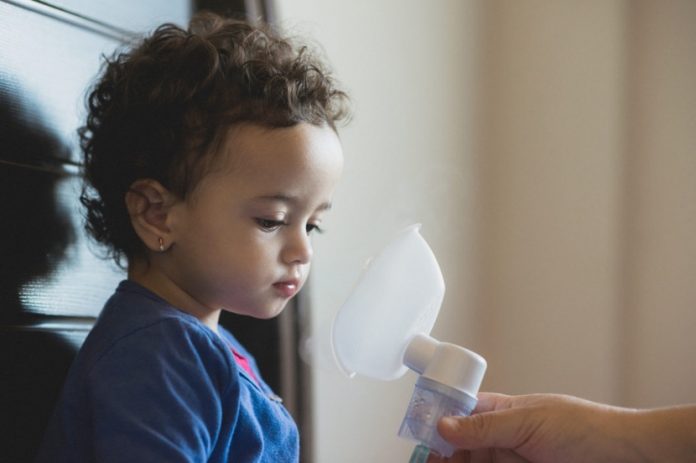Exposure to passive or secondhand smoke during childhood causes irreversible damage to the structure of children’s arteries.
Thickening of the arteries in children from homes where both parents smoked leaves them at greater risk for heart attack and stroke as adults. Researchers found that in these children, exposure to secondhand smoke added an extra 3.3 years to the age of their blood vessels.
The study, the first to follow children into adulthood to determine the impact of exposure to parental smoking and increased carotid IMT, followed 2401 children in Finland and 1375 in Australia. Study participants were between the ages of 3 and 18 years and ultrasound was used to measure the thickness of their artery walls once they had reached adulthood.
Study findings showed that the carotid arteries of adults growing up in homes where both parents smoked were 0.015 mm thicker than those whose parents did not smoke.
“While the differences in artery thickness are modest, it is important to consider that they represent the independent effect of a single measure of exposure – that is, whether or not the parents smoke at the start of the studies – some 20 years earlier in a group already at greater risk of heart disease,” Seana Gall, PhD, a research fellow in cardiovascular epidemiology at the Menzies Research Institute Tasmania and the University of Tasmania, said in a journal news release.
“For example,” added Gall, “those with both parents smoking were more likely, as adults, to be smokers or overweight than those whose parents didn’t smoke.”
The research team, however, did not find any effect on children’s arteries if only one parent smoked.
“We think that the effect was only apparent with both parents smoking because of the greater overall dose of smoke these children were exposed to,” explained Gall.
The study team wrote that “reducing young people’s exposure to tobacco smoke is a public health priority” and suggest that bans on smoking in cars such as those in the U.S., Australia and Canada that legislate passive smoke exposure would protect children from the damages of secondhand smoke.
“Our study shows that exposure to passive smoke in childhood causes a direct and irreversible damage to the structure of the arteries. Parents, even those thinking about becoming parents, should quit smoking. This will not only restore their own health but also protect the health of their children into the future,” said Gall.








